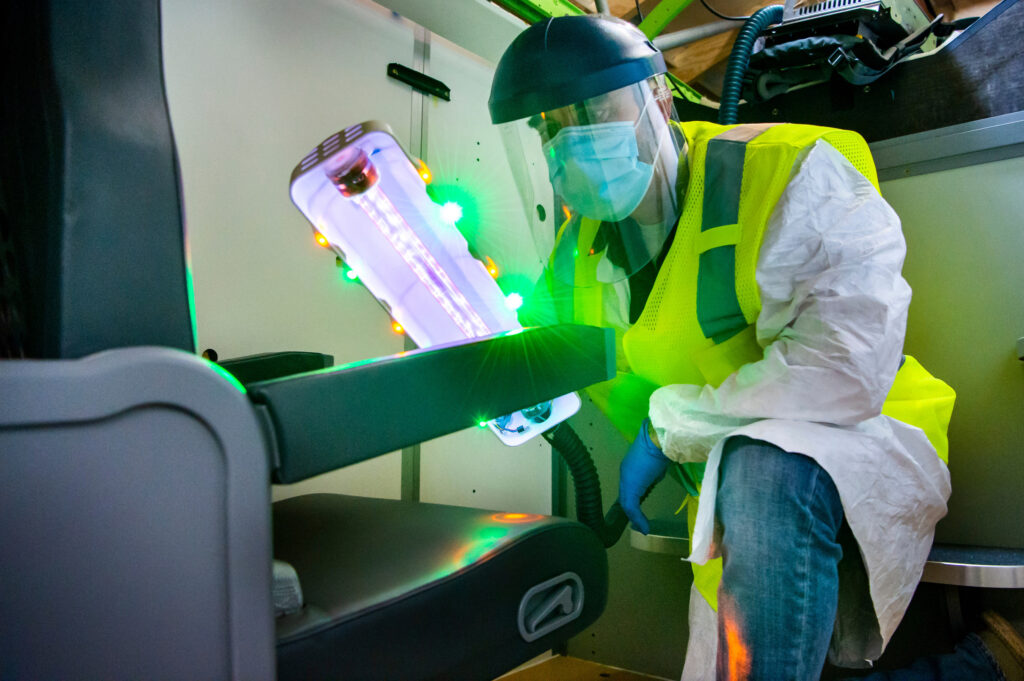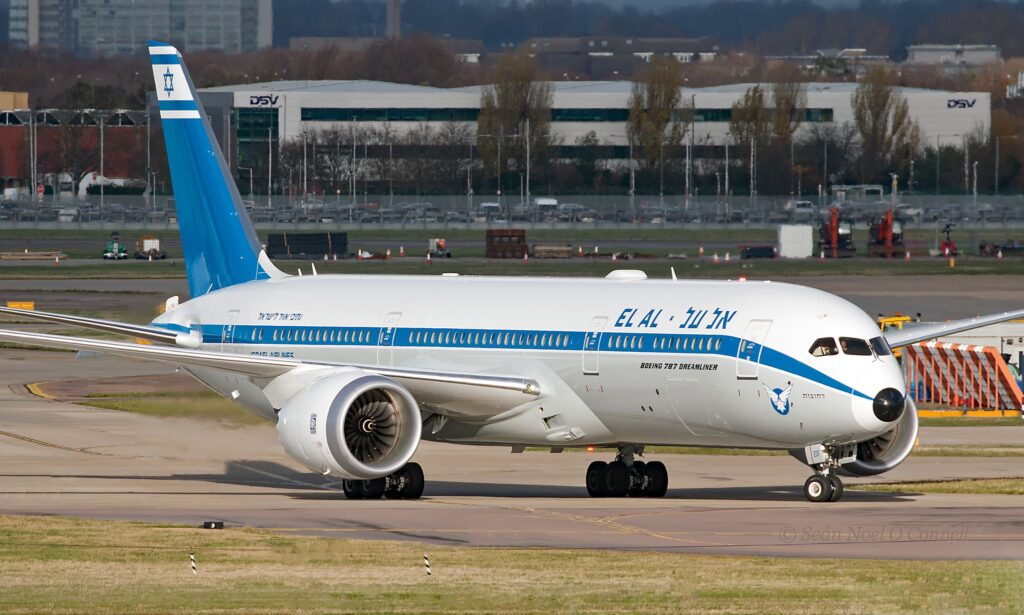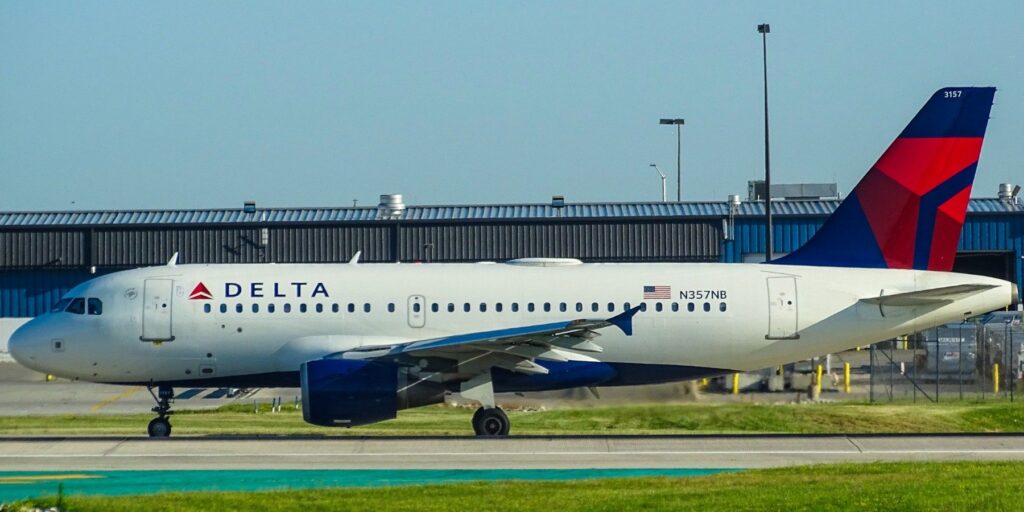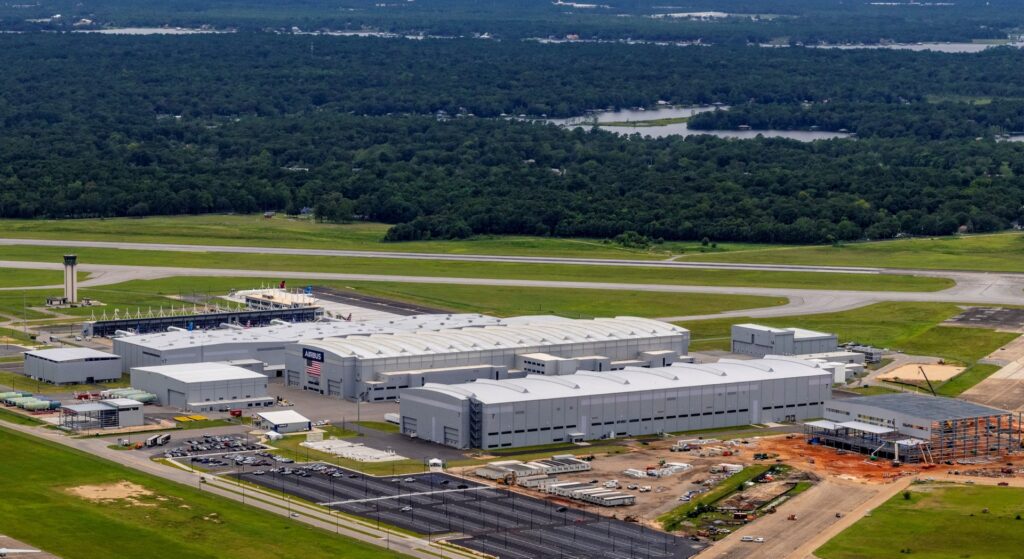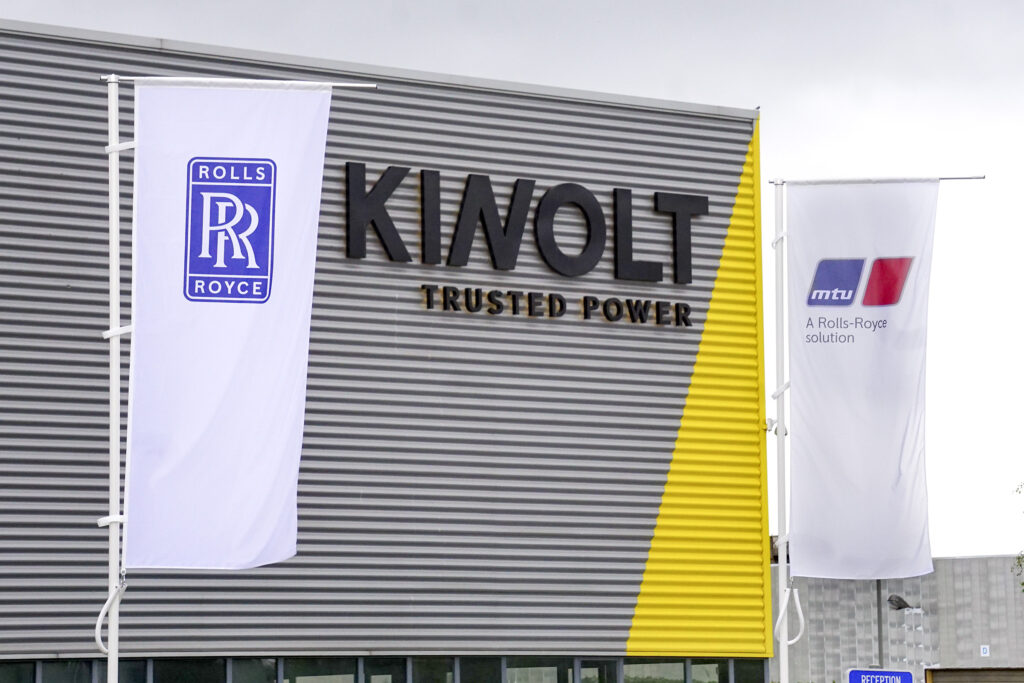Boeing Licenses Ultraviolet Wand to Healthe to Counter COVID-19
Boeing [NYSE: BA] entered into a patent and technology license with Florida-based Healthe® Inc. today under which Healthe will manufacture an ultraviolet (UV) wand designed to sanitize airplane interiors. Boeing designed and developed the UV wand…
